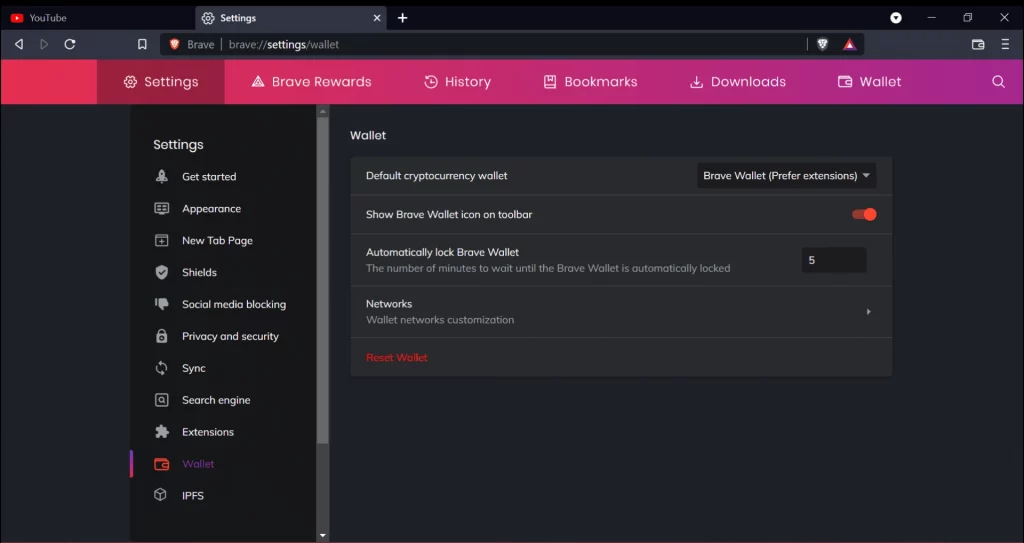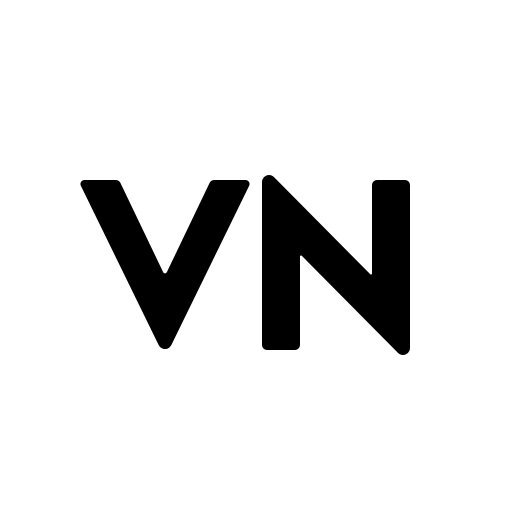The internet, vast and boundless, offers a plethora of browsers to suit every digital denizen’s needs. At the forefront of these choices stands the Brave Browser, a relatively new contender that promises a browsing experience free from the intrusive eyes of advertisers. But how does it fare when compared to its older, more established rivals? As someone who spends a significant amount of time online, I decided to give this Brave new world a shot.
The Digital Browsing Battleground
Today, the browser industry is dominated by a few big names. Chrome, by Google, stands tall with its huge market share. Firefox, the open-source hero, continues to offer fierce competition. Microsoft’s Edge and Apple’s Safari can’t be overlooked, either, with their respective integrations into Windows and macOS environments. These browsers have evolved over time, incorporating various features, enhancing user experiences, and battling for dominance.
My journey with Brave Browser began on a mellow afternoon. Eager to experience a faster, ad-free web, I took the plunge. The promise of enhanced privacy, fewer ads, and potential rewards for viewing select advertisements intrigued me.

Diving into Brave
Straight off the bat, Brave’s minimalist design resonated with me. There was a clear emphasis on speed and user protection. Its built-in ad blocker made websites load swiftly, devoid of clutter, while its privacy features promised to keep trackers at bay. The inclusion of the BAT (Basic Attention Token) system, which allows users to earn rewards for viewing ads, presented an exciting shift from the norm.
Yet, as with any new relationship, the initial excitement began to give way to a deeper understanding and, in some cases, points of contention. But before we delve deeper, let’s size up Brave against its contemporaries.
Brave vs. Chrome: The Speedster Showdown
Chrome, Google’s juggernaut, is lauded for its speed. However, Brave makes a compelling argument with its nimbleness, achieved mainly through its aggressive ad-blocking. While Chrome offers a vast array of extensions, Brave’s focus on user privacy ensures a swifter, clutter-free experience. But this isn’t to say Brave is without its flaws. Its smaller extension library can be limiting for power users accustomed to Chrome’s expansive options.
Brave vs. Firefox: The Privacy Face-off
Firefox, renowned for its user-centric approach, prioritizes privacy. While both browsers endorse user security, Brave’s inherent shield against trackers and ads gives it a slight edge. However, Firefox’s versatility, established reputation, and open-source nature make it a tough competitor.

Brave vs. Edge & Safari: Integrated Experiences
Edge and Safari, integral to Windows and macOS respectively, offer seamless experiences for users deeply invested in their ecosystems. Brave, though platform-agnostic, might struggle to sway this audience. But for those less tied to an ecosystem, Brave’s universal features make a strong case.
The Pain Points: What Didn’t Sit Right?
While Brave’s promises of an ad-free and private browsing experience are indeed tempting, certain aspects left me wanting. For starters, its extension ecosystem, compared to Chrome or Firefox, is limited. This means users might miss out on some tools they’ve come to rely on in other browsers.
Moreover, the BAT system, though revolutionary, can seem a bit convoluted to newcomers. Not everyone wishes to engage with ads, even if there’s a reward. The opt-in nature does provide control, but a clearer explanation and more streamlined process could enhance user adoption.
Who’s It For? Making The Choice
Brave Browser is tailor-made for the privacy-conscious and those weary of ads ruining their browsing experience. If you’re seeking a nippy, clean browser without diving too deep into customization, Brave is your champion. However, if extensive personalization, via extensions and themes, is what you crave, Chrome or Firefox might serve you better.

System Requirements: Is Your Machine Brave-Ready?
Windows:
- Windows 7 or later
macOS:
- macOS 10.10 or later
Linux:
- Ubuntu 16.04 or later
- Fedora 28 or later
- Debian 9 or later
Mobile:
- Android 5.0 (Lollipop) or later
- iOS 12.0 or later
Personal Reflections on Brave’s Impact
The Brave Browser is more than just a tool for internet exploration; it’s a statement. It signifies a step towards a more user-centric web, where control over data and advertisements lies in the hands of users. By intertwining browsing with blockchain through its BAT system, it certainly hints at a paradigm shift. Could this be the future direction for other browsers?
As the industry evolves, a tug-of-war ensues between data-hungry businesses and users who yearn for privacy. Brave boldly positions itself as a champion of the latter. This not only sets a precedent but challenges industry stalwarts to reassess their priorities.
Would I Stay Brave or Wander Elsewhere?
After a thorough exploration, here’s my candid verdict: Brave Browser is fantastic for those prioritizing speed and privacy. Its brave (pun intended) stand against the norms of advertising and tracking is commendable. While it might not replace my primary browser due to the limited extension ecosystem, it has undoubtedly secured a spot in my arsenal for quick, ad-free browsing.
That said, is Brave a one-size-fits-all solution? Probably not. But it doesn’t claim to be. It offers an alternative, a glimpse into what the future of browsing could prioritize. For those disenchanted with the barrage of ads and potential data breaches, Brave beckons.

To Brave or Not to Brave?
In wrapping up, the Brave Browser is a worthy contender in the sea of web browsers. It champions the user, promising a cleaner, faster, and more private browsing experience. Yet, it’s essential to weigh its merits against its limitations.
For those seeking a fundamental shift, tired of the status quo, and wanting to reclaim the web, Brave might just be the hero you’ve been waiting for. However, if your browsing habits are deeply intertwined with specific extensions or if you’re not quite ready to hop onto the BAT bandwagon, other browsers might suit you better.
In the ever-evolving world of the internet, one thing is clear: Brave has carved a niche for itself, and its roar is hard to ignore.



